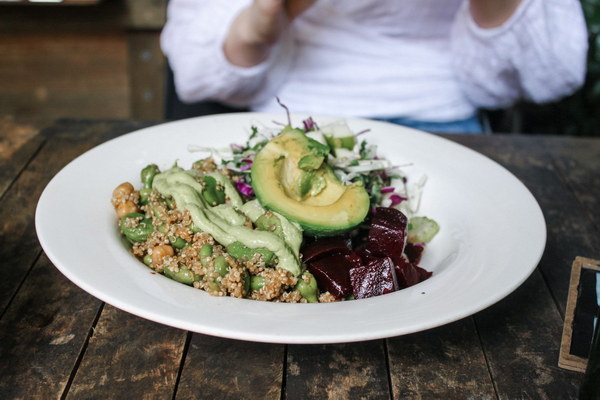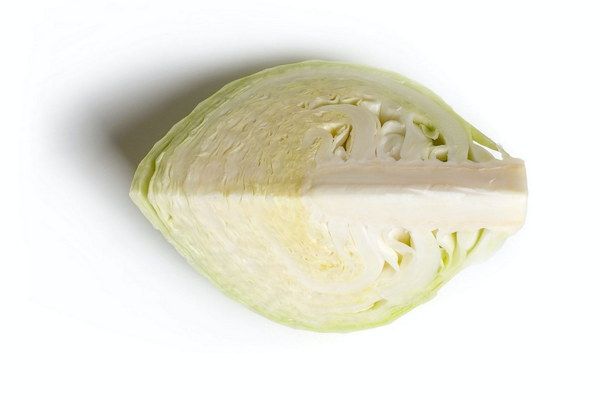Liver Support During Chemotherapy A Comprehensive Guide to Protecting Your Hepatic Health
Chemotherapy, a cornerstone in the treatment of various cancers, is a powerful tool that can save lives. However, its efficacy comes at a cost, as it can also harm healthy cells, including those in the liver. The liver plays a critical role in detoxifying the body and metabolizing chemotherapy drugs, making it particularly vulnerable during treatment. This article aims to provide a comprehensive guide on how to support liver health during chemotherapy, ensuring both the effectiveness of the treatment and the well-being of the patient.
Understanding the Liver's Role in Chemotherapy
The liver is the primary organ responsible for metabolizing chemotherapy drugs. It processes the medications, converting them into substances that can be eliminated from the body. However, chemotherapy can overwhelm the liver's capacity, leading to potential damage. Recognizing the importance of liver support during chemotherapy is crucial for maintaining overall health and improving treatment outcomes.
Nutritional Strategies for Liver Support
A well-balanced diet is essential for supporting liver health during chemotherapy. Here are some key nutritional strategies:
1. High-Protein Diet: Proteins help in the liver's detoxification process. Include lean meats, fish, eggs, dairy, and plant-based sources such as lentils, chickpeas, and tofu in your diet.
2. Fiber-Rich Foods: High-fiber foods, like fruits, vegetables, and whole grains, can help in managing constipation, a common side effect of chemotherapy, and support liver function.
3. Antioxidant-Rich Foods: Antioxidants protect liver cells from oxidative stress. Foods high in antioxidants include berries, dark leafy greens, nuts, and seeds.
4. Healthy Fats: Good fats, such as those found in olive oil, avocados, and fatty fish, can support liver health and reduce inflammation.

5. Hydration: Adequate hydration is vital for liver function. Drink plenty of water throughout the day to support the elimination of waste products and maintain electrolyte balance.
Supplements for Liver Support
While supplements should not replace a balanced diet, some may aid in liver support during chemotherapy. Consult with a healthcare professional before starting any new supplement regimen:
1. Milk Thistle: This herbal supplement contains silymarin, which has been shown to protect liver cells and aid in detoxification.
2. Vitamin E: An antioxidant that supports liver health and may help reduce oxidative stress.
3. Beta-Carotene: A precursor to vitamin A, beta-carotene has been linked to improved liver function.
Lifestyle Modifications for Liver Support
In addition to dietary and supplement interventions, certain lifestyle modifications can help protect the liver during chemotherapy:
1. Moderate Exercise: Regular, moderate exercise can improve overall health and may help with liver function.
2. Avoid Alcohol and Toxins: Limit alcohol consumption and avoid exposure to other toxins, as they can further strain the liver.
3. Manage Stress: Chronic stress can affect liver function. Practice stress-reducing techniques such as meditation, deep breathing, or yoga.
Monitoring Liver Function
Regular monitoring of liver function is essential during chemotherapy. Blood tests can measure liver enzymes, bilirubin levels, and other markers of liver health. Any abnormalities should be addressed promptly with the healthcare team.
Conclusion
Chemotherapy is a significant step in the fight against cancer, but it's important to remember that the body, including the liver, requires support during treatment. By adopting a balanced diet, using supplements, making lifestyle changes, and monitoring liver function, patients can help protect their liver health and enhance the effectiveness of their chemotherapy. Always consult with healthcare professionals for personalized advice and support throughout the chemotherapy journey.









